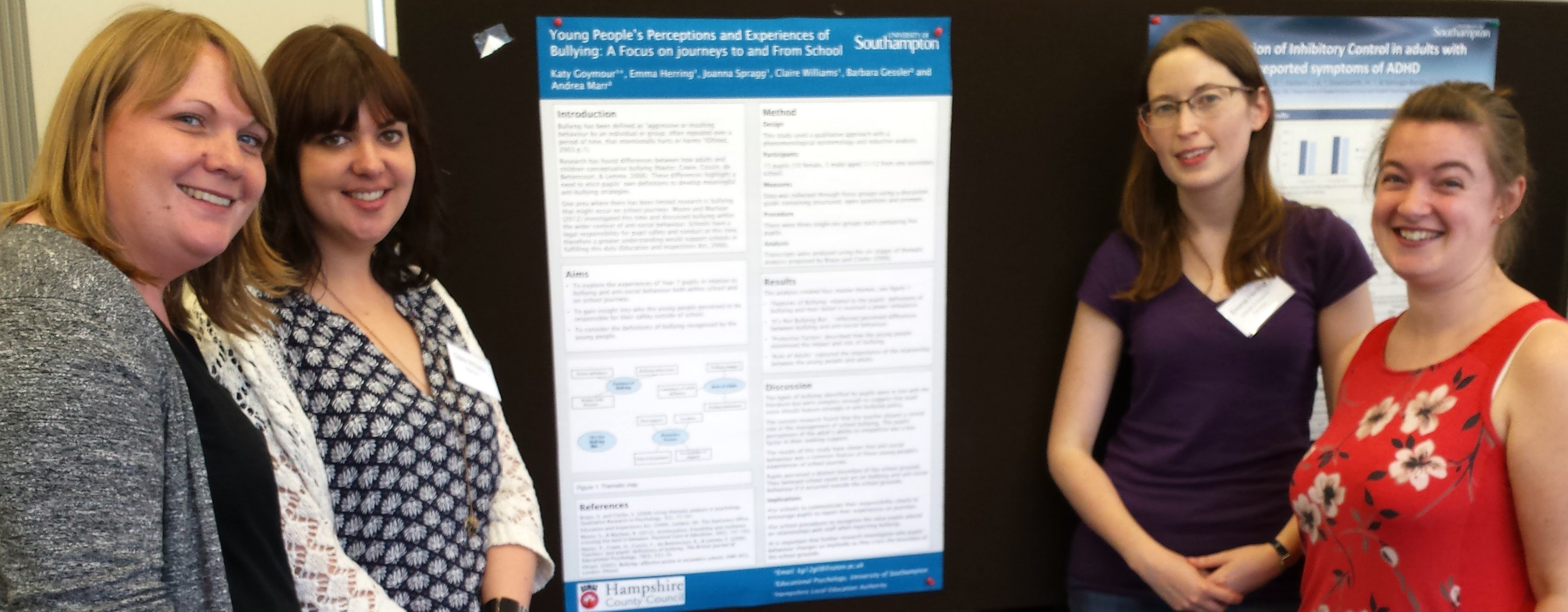Authors: Chantelle Zilli, Sarah Parsons and Hanna Kovshoff
Published: 2019
Publication: British Journal of Educational Psychology
Background: the UNCRC (1989) established the importance of listening to children’s views globally. In England, seeking the views of pupils with special educational needs and disability about their education, and involving them in decision-making, has been mandatory since 2015. Autistic children’s views and experiences are particularly underrepresented in this context.
Aims: to provide a detailed, exploratory analysis of practices that enable autistic pupils to participate in educational decision-making; and to generate new knowledge about pupil participation in a school context, using the Framework for Participation (Black-Hawkins, 2010) as an analytical frame.
Sample: Four male pupils aged 11-15, with autism spectrum diagnoses, and 11 staff members from a specialist, independent school took part in this case study.
Methods: Observations were made of pupils in lessons, and pupils completed a photo-voice activity focusing on where they felt ‘most listened to’ in the school. Staff members participated in semi-structured interviews.
Results: A range of practices supported pupils’ participation in everyday decision-making, underpinned by a respectful and positive culture led by the senior management team. The focus was on what learners can do, and how they make decisions to facilitate achievement. Pupils and staff developed mutually respectful relationships, within which boundaries were negotiated and compromises offered. Flexibility through decision making was provided within the timetabling and content of the curriculum. Pupils’ special interests and expertise were valued as ‘keys’ to supporting their engagement.
Conclusions: These insights provide a tool for reflection by educators and Educational Psychologists for considering how they might promote the participation of autistic pupils in different educational contexts.
Zilli, C., Parsons, S. & Kovshoff, H. (2019) Keys to engagement: A case study exploring the participation of autistic pupils in educational decision‐making at school. British Journal of Educational Psychology doi:10.1111/bjep.12331

